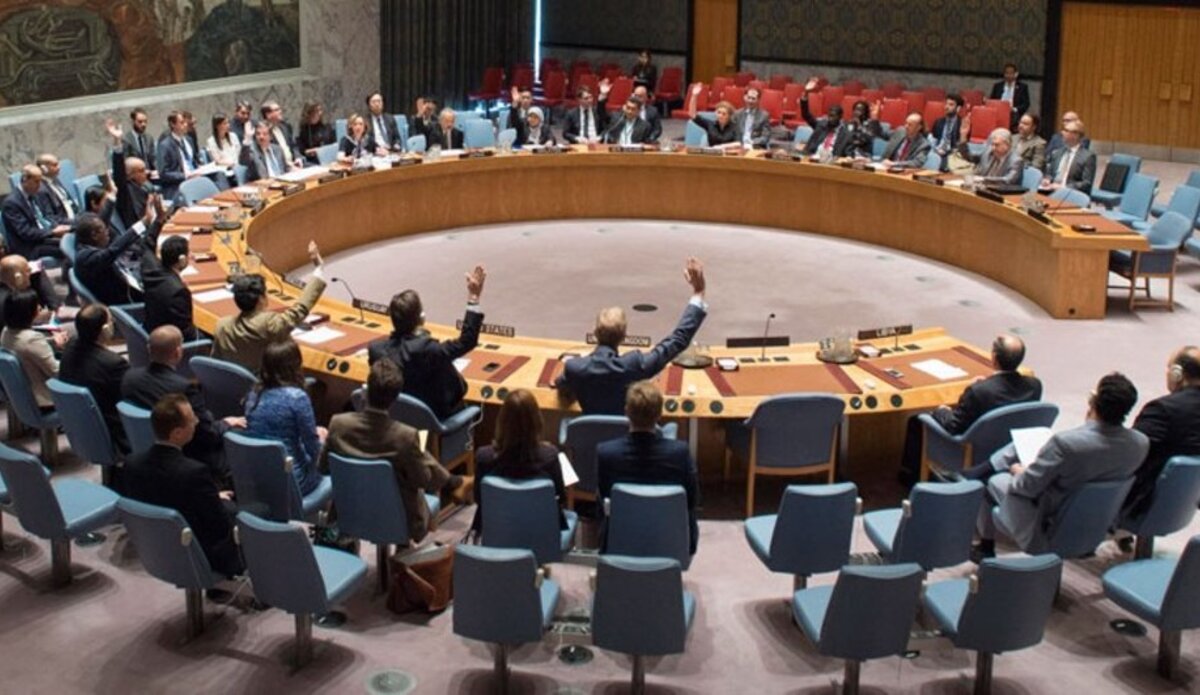
The United States remains deeply concerned by M23’s continued campaign of violence in North Kivu province and by the tensions on the DRC-Rwanda border. We also echo the Secretary-General’s calls for M23 and all non-state armed groups in eastern DRC to cease violence against civilians, disband, and lay down their weapons.
Further, we encourage all Congolese groups to participate in the Disarmament, Demobilization, Community Recovery, and Stabilization Program – without conditions – and for foreign armed groups to return to their countries of origin. We ask the DRC and Rwanda to continue positive steps toward de-escalating tensions. We note our support for the Nairobi Process, and as well for the high-level engagement from the Presidents of Kenya and Angola on this issue.
We want to use this opportunity to highlight that all countries must respect their neighbors’ territorial integrity. We have made clear that any entry of foreign forces into the DRC must be done in cooperation with the DRC and must be done transparently. Armed group activity in eastern DRC, as we have just heard, has very real and horrific human consequences.
It drives displacement and unprecedented humanitarian needs, and poses a major challenge to humanitarian access and the delivery of lifesaving assistance. For example, MONUSCO, reporting from Ituri province, highlights that armed groups killed nearly 800 civilians during this most recent reporting period alone.
We are extremely troubled by Rwanda’s statements questioning MONUSCO’s impartiality. The Mission has worked hard to carry out its mandated objectives impartially in what is an increasingly complex environment. Such statements encourage hostility to MONUSCO peacekeepers and they are unacceptable.
To be clear, any rhetoric inciting violence or otherwise increasing the risks to MONUSCO’s personnel and their safety and security is unacceptable.
The DRC, of course, bears the primary responsibility for protecting its own citizens. And the United States pledges its continued support through our privileged partnership with the DRC, especially at this challenging time.
I would urge East Africa Community leaders to prioritize dialogue-based approaches to the crisis. The United States insists that the deployment of any additional force in eastern DRC must be closely coordinated with MONUSCO, and it must be conducted in conformity with the parties’ respective commitments under international law, including international humanitarian law. It must also be conducted in line with existing Security Council sanctions resolutions, and it must be formally notified to the Security Council prior to deployment.
Finally, Madam President, I want to return to a theme I raised at the top of my remarks. The United States joins its allies in encouraging all actors to refrain from using rhetoric that might spark violence against UN peacekeepers, or against Kinyarwanda speakers, or people of Rwandan origin in eastern DRC.
DRC’s elected officials should clearly and unequivocally condemn the use of such language in public forums and on any social media platform. This region is all too familiar with what can happen when groups manipulate their perceived differences to incite hate and violence against each other. We cannot allow this to happen again.
In closing, I want to call once more on the DRC, Rwanda, and other EAC members to de-escalate tensions and work to find a lasting solution to the violence and instability in eastern DRC.
Thank you.
Subscribe to view notification of our daily news
RwandaPodium © All Rights Reserved. Powered by thesublime.rw